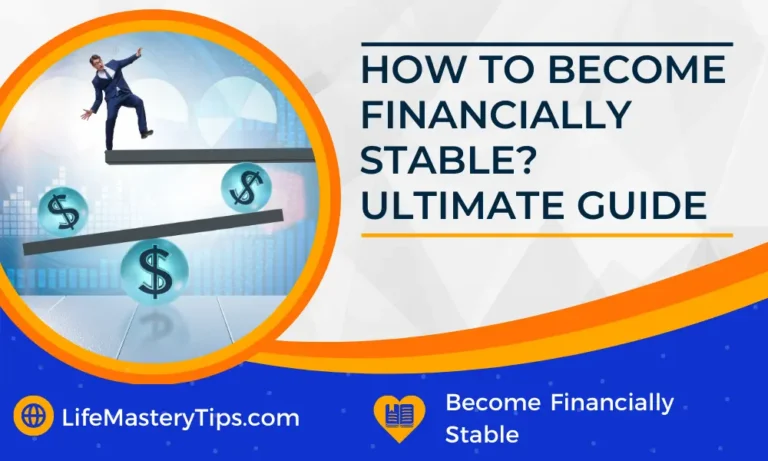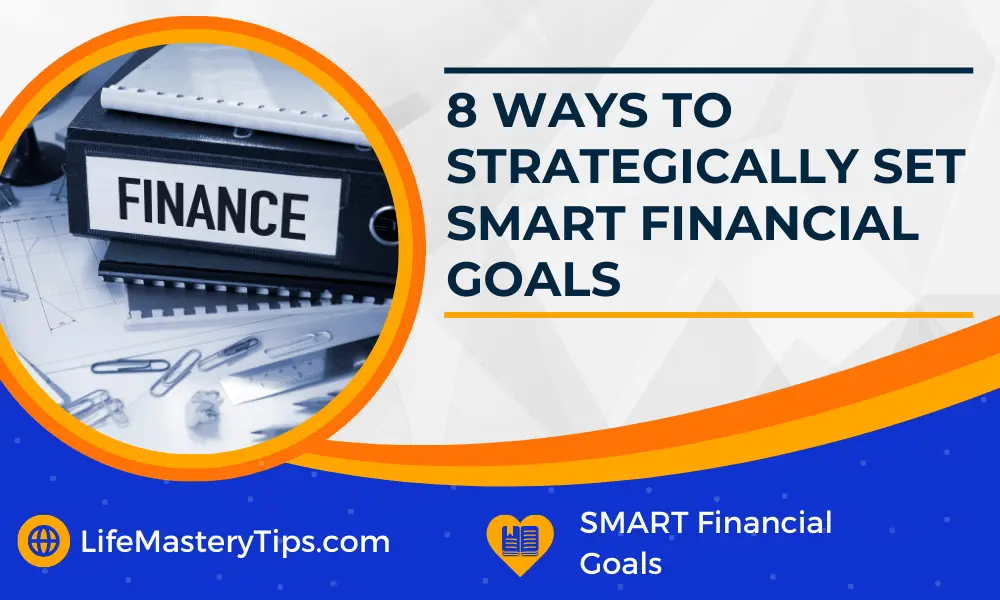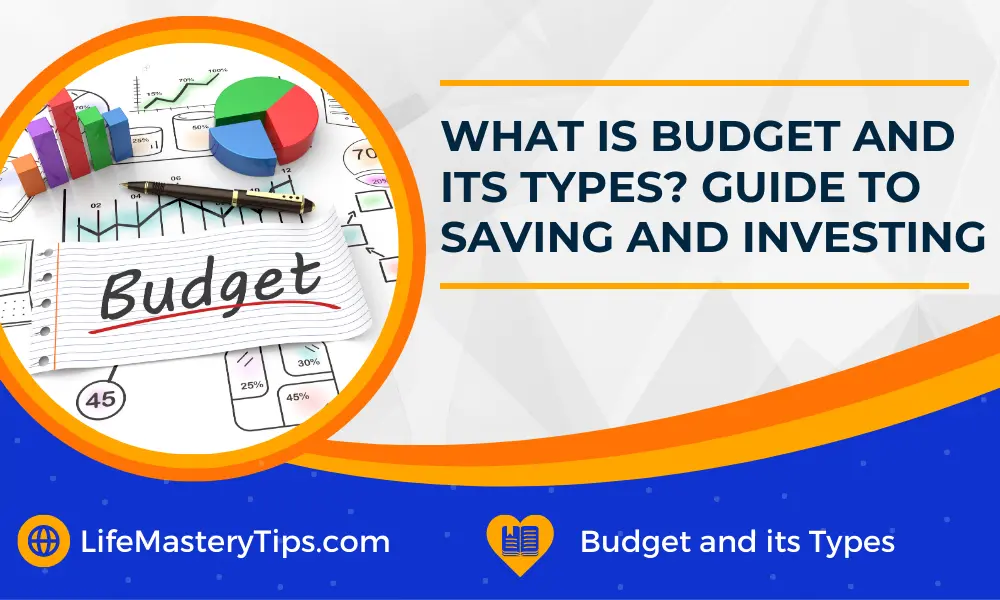If you’re reading this, I know what you’re thinking: “I want to be financially stable.” You might not know exactly what financial stability is or how to get there, but that’s okay! This guide will help you build your wealth and teach you the best ways to invest on your way to financial independence.
What is Financial Stability?
Financial stability is a state of being that is achieved when you have a secure financial life. It means that you not only have enough money to cover your expenses but also save for the future. In other words, it’s like having dry land at the bottom of the ocean: you’re not drowning in debt or in need of immediate rescue from an unexpected expense, but still able to keep afloat and plan for what comes next.
Financial stability doesn’t necessarily mean wealth; however, it’s usually a good foundation upon which wealth can be built over time through responsible spending habits and proper investment decisions (I’ll discuss these soon).
Set Financial Goals
If you want to become financially stable, you need to set financial goals. These are the things that will help you achieve your dream of financial stability and independence. Write down these goals on a piece of paper and look at them every day so as to stay motivated and focused.
You can also write down how much money it will take for each goal in order for it to be achieved (in case you’re wondering, a goal should be measurable). Then make sure these goals are realistic; if not, adjust them until they are achievable within the time period defined by the goal itself (e.g., 2 years).
Create an Emergency Fund
An emergency fund is one of the most useful and important things to have when you’re trying to become financially stable. An emergency fund is basically a savings account that can be used for anything from car repairs, medical bills, or even a new job search.
A good rule of thumb is to save at least enough money for three months’ worth of living expenses in case an emergency arises. This could mean saving up $15,000 if your rent eats up half your income every month. Ideally, it’s better to aim higher than this so you don’t run out of cash before your next payday arrives (if it’s bad enough). If possible, consider putting six months’ worth of living expenses in interest-bearing savings account so you have something available right away but not tied up indefinitely like in retirement accounts or CDs (certificate deposits). You might also want some money ready just in case something bad happens – say if your home gets flooded or there’s an earthquake nearby!
Pay Yourself First
This is a great way to keep your savings from being spent on other things.
In order to pay yourself first, you need to make sure that your money goes into an account with automatic transfers—ideally one that doesn’t have any fees. For example, if you set up an automatic transfer of $100 each month from your checking account into a savings account, at the end of three months (30 days) you will have $300 saved up!
Invest Early and Often
Investing early and often is the best way to create a secure financial future. Start by investing a small amount each month, and increase that investment when you can. It’s important to remember that this is a long-term strategy, so even if your investments lose money in the short term, they’ll eventually make up for it with interest.
As far as where to invest goes? There are many options out there: mutual funds, stocks/bonds (either through an index fund or directly into individual companies), real estate—the list goes on! The bottom line is that there are many options available but the key here is “diversification.” Don’t put all your eggs in one basket; spread those eggs around!
Track Your Credit Score
You can track your credit score for free once a year by visiting AnnualCreditReport.com. Your credit report will list information about your credit history, including the number of accounts you have and the balance on each account. The higher the number, the more likely you are to pay back loans and other forms of debt in full and on time. This is why it’s important to keep tabs on this information!
Get Out Of Debt
Debt is a burden. It can prevent you from reaching your financial goals, and it can cause anxiety in the meantime.
Debt can be a good thing, but only if you can afford to pay it back. If you find yourself in debt for too long, your credit score will decline, which could make it harder for you to get approved for loans or other credit products in the future. So what should you do? This section is all about getting out of debt and avoiding getting into debt in the first place!
Keep Working Towards Retirement
Once you’ve gotten your spending and savings under control, the next step is investing for your future. Investing in retirement accounts is probably the best way to do this. You can invest in stocks and bonds through a variety of different financial institutions, including banks or brokerage firms like Charles Schwab or Fidelity.
If you want to know how much money you should be saving for retirement, there are some easy calculators online that will tell you how much money per month or year that’s needed based on things like saving rate and age (the more years until retirement, the higher percentage of income should go into your account). The important thing is not just putting money away but keeping it safe so that none of it gets lost during market crashes or other economic downturns.
Start Investing While You’re Young
The earlier you start investing, the better. Investing is a long-term game and it takes time for the money to compound enough to make up for mistakes. The longer you hold your investments, the more they’ll be worth overall.
The goal is to get started as soon as possible so that your money can grow over time without being taxed or eaten away by inflation.
Stop Buying Stuff You Don’t Need
This is a simple concept, and it can be difficult to do. When you see something that you want, it’s easy to think “I deserve this!” or “It would be nice to have.” But the key is: don’t buy things just because they’re nice. Always consider whether something is a need or a want before you buy it.
If you’re having trouble deciding if something is a need or not, ask yourself why you want it and what purpose it would serve in your life—if there’s no good answer to those questions then there’s no reason for buying the item at all.
Conclusion
In the end, it’s all about being intentional with your finances. You can’t just wing it and hope for the best. Financial stability isn’t something that happens overnight; it takes time and dedication, but if you keep working towards a solid financial base then you will get there eventually!




